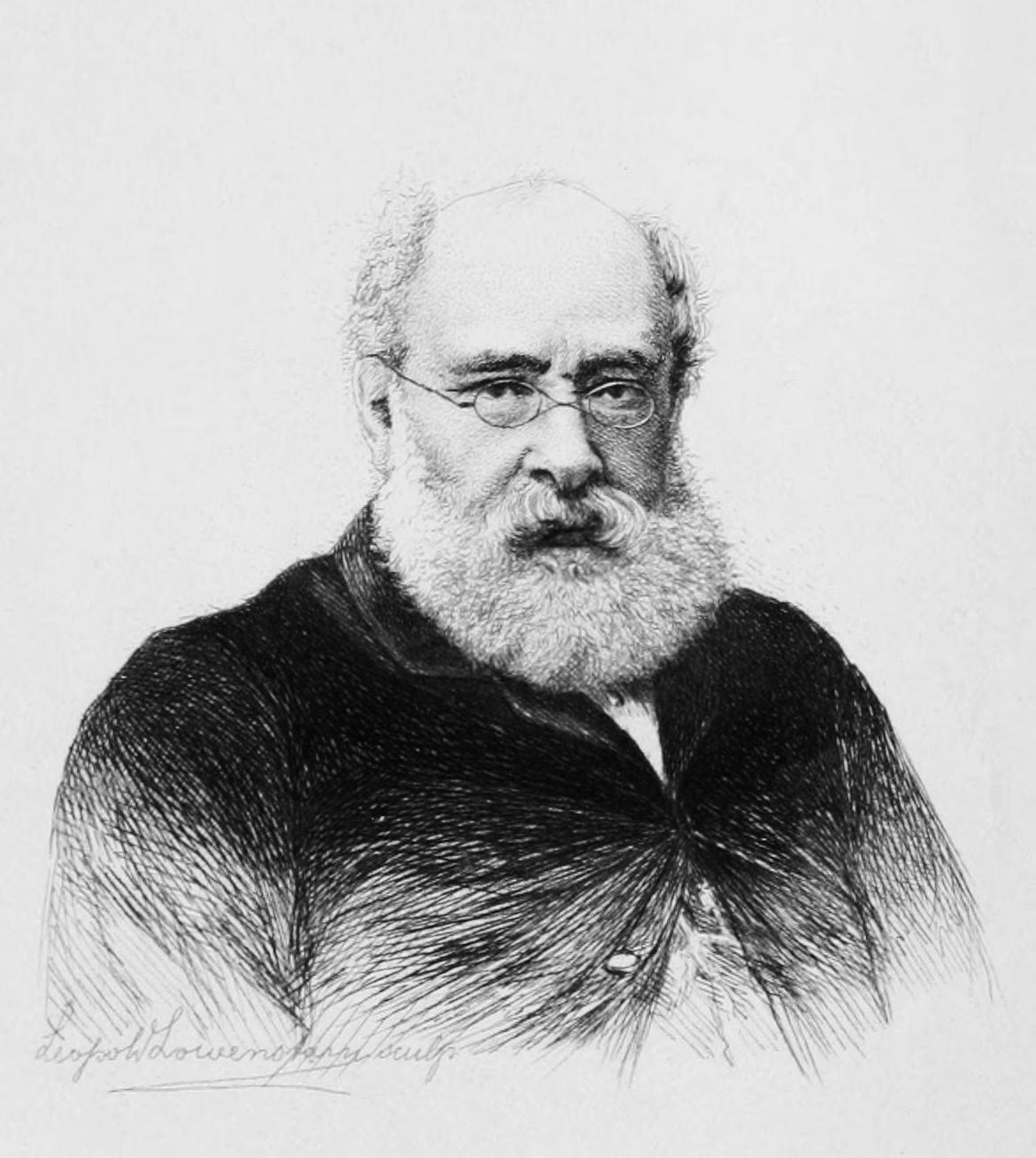“A small daily task, if it be really daily, will beat the labors of a spasmodic Hercules.”
Fuente: An Autobiography (1883), Ch. 7
Anthony Trollope fue uno de los novelistas ingleses más exitosos, prolíficos y respetados de la época victoriana. Algunas de las obras más apreciadas de Trollope, conocidas en conjunto como las Crónicas de Barsetshire o Las novelas de Barchester, giran en torno al condado imaginario de Barsetshire, pero también escribió penetrantes novelas sobre temas y conflictos políticos, sociales y sexuales de su época.
Trollope ha sido siempre un novelista popular. Han sido aficionados a sus novelas sir Alec Guinness , el ex primer ministro británico sir John Major, el economista John Kenneth Galbraith, la popular escritora estadounidense de misterio Sue Grafton y el guionista y dramaturgo Harding Lemay. La reputación literaria de Trollope decayó un tanto durante sus últimos años de vida, pero a partir de mediados del siglo XX recuperó el favor de la crítica. Sir Ifor Evans señala que, durante los bombardeos sobre Inglaterra en la Segunda Guerra Mundial, las novelas de Trollope eran la lectura favorita de un gran número de personas.[1]
Wikipedia

“A small daily task, if it be really daily, will beat the labors of a spasmodic Hercules.”
Fuente: An Autobiography (1883), Ch. 7
“Nobody holds a good opinion of a man who holds a low opinion of himself.”
Fuente: Orley Farm
“Love is like any other luxury. You have no right to it unless you can afford it.”
Fuente: The Way We Live Now, ch. 84. (1875)
Fuente: North America (1862), Ch. 11
“There is no such mischievous nonsense in all the world as equality.”
Fuente: The Duke's Children (1879), Ch. 48
Contexto: "I think it is so glorious," said the American. "There is no such mischievous nonsense in all the world as equality. That is what father says. What men ought to want is liberty."
“Speak to me of honour, of duty, and of nobility; and tell me what they require of you.”
Fuente: The Duke's Children (1879), Ch. 61
Contexto: But between you and me there should be no mention of law as the guide of conduct. Speak to me of honour, of duty, and of nobility; and tell me what they require of you.
Fuente: The Bertrams (1859), Ch. 30
Contexto: It would seem that the full meaning of the word marriage can never be known by those who, at their first outspring into life, are surrounded by all that money can give. It requires the single sitting-room, the single fire, the necessary little efforts of self-devotion, the inward declaration that some struggle shall be made for that other one.
“Don't let love interfere with your appetite. It never does with mine.”
Fuente: Barchester Towers (1857), Ch. 38
As quoted in Forbes (April 1948), p. 42
Variante: The habit of reading is the only one I know in which there is no alloy. It lasts when all other pleasures fade. It will be there to support you when all other resources are gone. . . . It will make your hours pleasant to you as long as you live.
Fuente: The Small House at Allington (1864), Ch. 32
“There is no happiness in love, except at the end of an English novel.”
Fuente: Barchester Towers (1857), Ch. 27
“Of all the needs a book has, the chief need is that it be readable.”
Fuente: An Autobiography (1883), Ch. 19
“There is no way of writing well and also of writing easily.”
Fuente: Barchester Towers (1857), Ch. 20
“I am not fit to marry. I am often cross, and I like my own way, and I have a distaste for men.”
Fuente: He Knew He Was Right
Speech at the opening of an art exhibition at Bolton Mechanics' Institution (7 December 1868)
“One can only pour out of a jug that which is in it.”
Fuente: Framley Parsonage